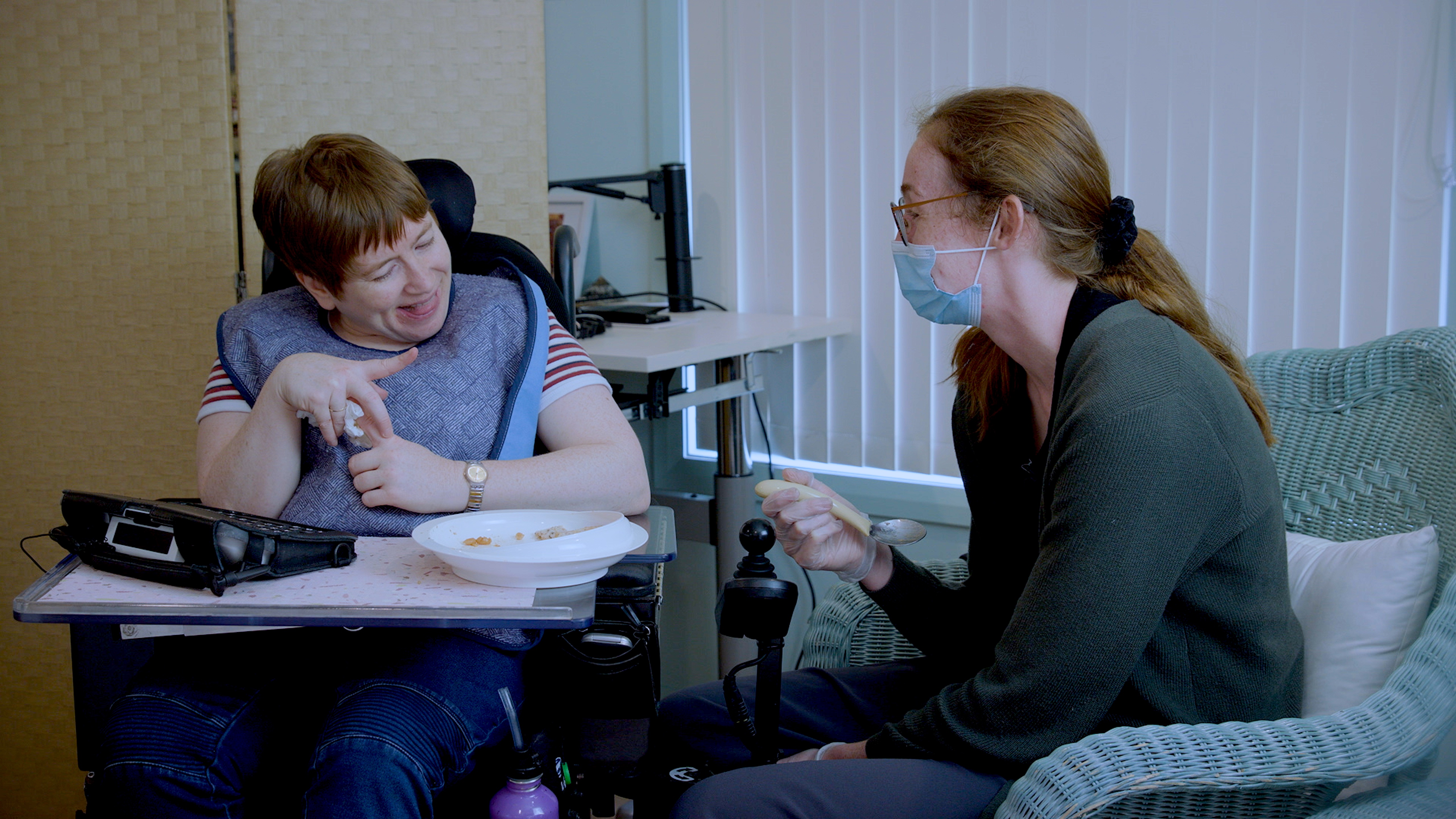Course structure
Tap into our expertise to learn how to galvanise teams, organisations and communities to embrace and plan for social change. Learn tools and techniques to identify and respond to opportunities and challenges in your community. Be encouraged by our academics to harness scholarship, creativity and innovation in designing community solutions. The best visions are firmly grounded in social justice. Principles of equity, access, participation and rights are the pillars that deliver positive outcomes for communities.
You will consider ways to harness teams, units and departments across local governments to ensure all activities are uniformly directed toward the best community outcomes. Moreover, you will analyse how social planning and community development, often combined with land-use planning, can support council work. This could occur through building relationships among teams within the organisation, across communities, with other levels of government and with non-government organisations. You will also learn how social connectedness is enhanced by building the community’s capacity to respond to identified issues.
The following content will be covered during the course:
- Principles and practice of social planning and community development.
- Social planning practice and research.
- Social planning and local government.
- Planning and people – addressing change.
- Theory practice integration.
Learning outcomes
Through completing this course, you will have:
- Increased knowledge of social planning and community development theory and practice
- Evaluated and applied community development approaches, such as social impact assessment, social infrastructure analysis, ‘Safety by Design’ and community engagement to roles and the workplace
- Capacity to think strategically about cities, appreciate the social, cultural, economic and political drivers of change and work collaboratively with other professions
- Evaluated the place of social justice and ethics within local government
- Analysed personal views and values and their impact on individual practice
- Demonstrated ability to develop informed arguments and rationale for social planning outcomes
- Expanded their capacity to question and challenge current practice to foster innovation.
Price
Full price: $2,875 (GST-free)*
*Price subject to change. Please check price at time of purchase.
Course delivery
This short course will be delivered as an interactive workshop consisting of an instructor-led lecture, group and individual activities. This training approach allows participants to work through concepts introduced by the trainer in an application-focused teaching environment. Participants will challenge their understanding of the concepts and consider their application once back in their individual workplace.
In-house training solutions
Social Planning and Community Development can also be customised and/or delivered in-house. Find out more.
Enrolment conditions
COVID-19 information
UTS is undertaking a number of social distancing initiatives, as informed by NSW Health advice, to help reduce social interactions in support of the government’s efforts to slow the spread of COVID-19. As part of this response, some of our short courses may be postponed to a later date.
Please note however, bookings are open for all courses offered by the Institute for Public Policy and Governance (IPPG). If a course needs to be postponed, participants will have the chance to transfer to a later date, a new course or request a full refund. IPPG will also be offering a range of online or blended learning options facilitated via Zoom video conferencing. If you have any questions in the interim, please do not hesitate to contact our team at ippg.learning@uts.edu.au.














